Faculty Association releases memo summarizing arbitration findings
The Faculty Association released a letter Jan. 9 summarizing details about the process and findings of arbitration over the termination of Daniel Bobo-Jones, adding previously undisclosed details and explaining that one claim remains unresolved.
Though the arbitrator’s Dec. 20 decision determined that the Laboratory Schools administration did not have just cause to fire Mr. Bobo-Jones and treated him differently from other faculty members, the arbitrator ruled there was no proof that the administration had discriminated against Mr. Bobo-Jones. However, Mr. Bobo-Jones can still pursue individual legal action through the Illinois Department of Human Rights and the Equal Employment Opportunity Commission.
The purpose of releasing the summary letter sent to faculty and obtained by the Midway, was to eliminate confusion among the Lab community on the findings of the arbitration and the steps that will follow, FA Vice President Sharon Housinger said later in an interview with the Midway.
Laboratory Schools Director Charlie Abelmann sent a two-paragraph email to the Midway characterizing the FA’s summary as “disappointing,” “incomplete and misleading.” Dr. Abelmann declined to elaborate to the Midway on which portions of the summary he was referring to.
“I think he needs to be a bit more specific about what was misleading or incomplete about the proceedings,” FA President Jim Catlett said. “I don’t see anything in my letter to the faculty that is misleading.”
Dr. Abelmann’s email also mentioned that Mr. Bobo-Jones’ dismissal was changed to an unpaid disciplinary suspension and that the arbitrator found no evidence of discrimination by the Laboratory Schools.
Ms. Housinger said that Dr. Abelmann had highlighted just the points that made Mr. Bobo-Jones look the worst and himself look the best while overlooking the arbitrator’s points.
“So his statement is incomplete and misleading,” Ms. Housinger said. “He can say that we are wrong all he wants — no one is going to believe him. We stated as a community over and over again that we have no confidence in him.”
According to the FA’s summary, University of Chicago lawyers and Laboratory Schools Assistant Director Carla Ellis claimed that Mr. Jones’ actions and practices in grading student work violated the Family Education Rights and Privacy Act and therefore warranted termination. The FA’s response was that the administration was aware of other faculty members with similar grading practices as Mr. Bobo-Jones and had not objected. The arbitrator sided with the FA in this case.
The FA’s summary also included an incident during the questioning of an FA witness, where both Dr. Abelmann and Dr. Ellis were present. According to the summary, the University’s lawyer asked the witness whether he spoke with Lab’s Title IX coordinator regarding an inappropriate relationship with a student.
Mr. Catlett wrote in the summary that the question was likely an attempt to discredit the FA’s witness and that one university representative acknowledged that the line of questioning was “not the best idea.”
Although the arbitrator ruled that there was no proof that the Laboratory Schools discriminated against Mr. Bobo-Jones, the IDHR, in conjunction with the EEOC, is conducting an investigation to discover whether there is a plausible legal case against the school.
Ms. Housinger said she hoped the EEOC would be able to do a deeper investigation to uncover evidence of discrimination.
Mr. Bobo-Jones said that when the IDHR reached out to him directly last week, he expressed continued interest in pursuing legal action against the administration.
“I’ve never been the person to say how many dollars can I get. I’ve always said ‘How can this better people? How can I better guarantee that the people I teach will be people I would want to know when they’re 35?” Mr. Bobo Jones said.
Mr. Bobo-Jones, who is openly gay, would welcome a ruling from a state or federal agency about his claim of administrative discrimination.
“I would honestly be satisfied if some higher governmental authority said nope — you can’t do this. You have to be equitable and fair in your dealings with communities that are marginalized.”




















































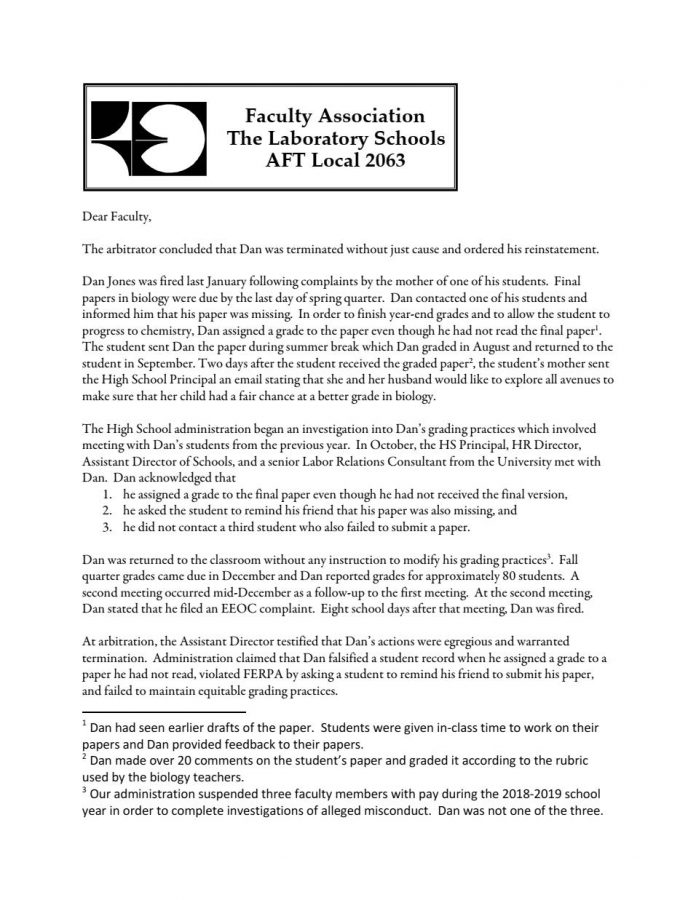

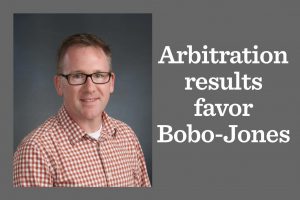
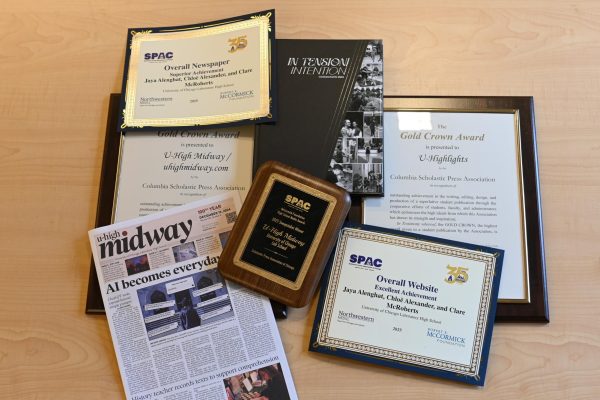
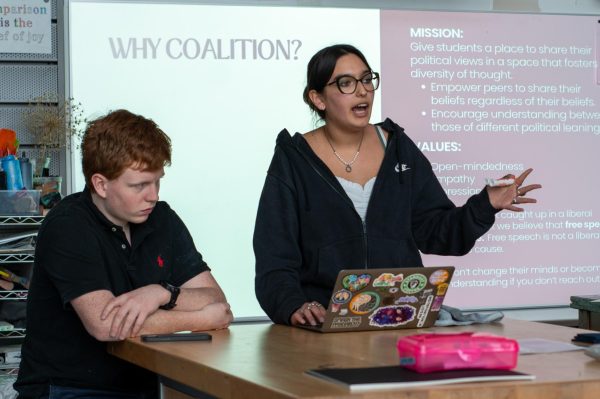
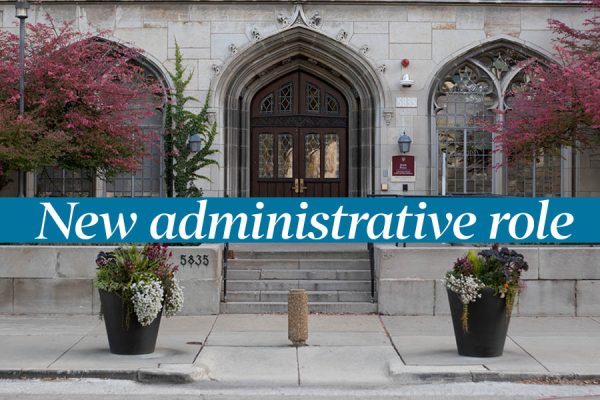
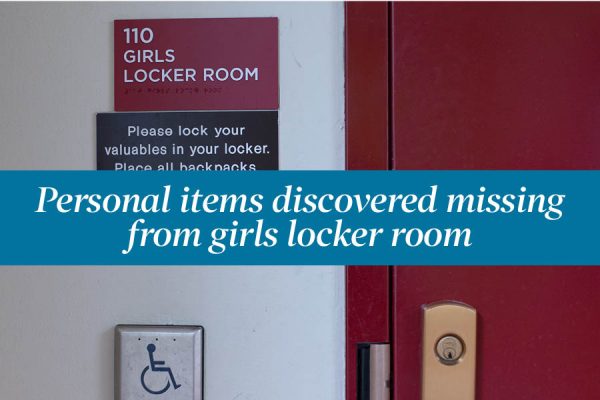
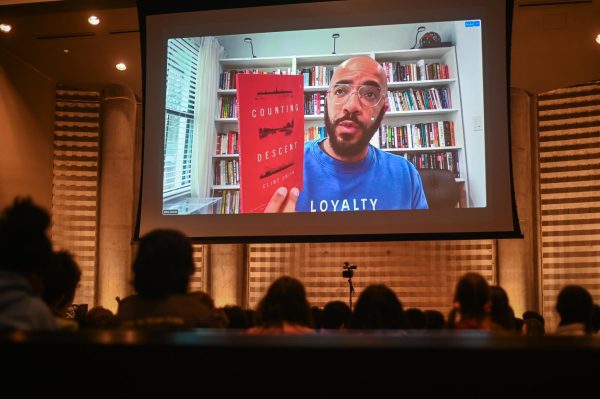
Chris McGowan • Jan 14, 2020 at 6:49 am
It is disappointing that the Midway decided to publish this document given it makes reference to a fellow Lab student and their family. Please do the kind thing and take the document down or redact it.